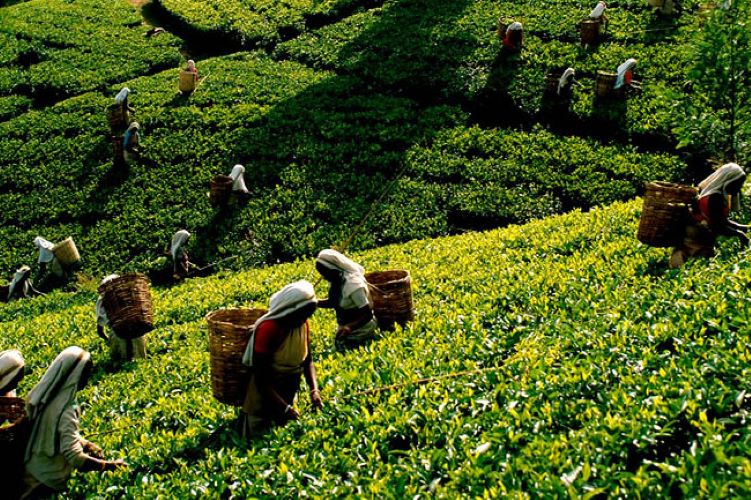Sri Lanka’s cabinet has approved a law to establish village communities for descendants of former plantation workers, providing land and housing. President Ranil Wickremesinghe’s proposal includes creating villages from estate houses and line rooms in plantation areas. Minister of Water Supply and Estate Infrastructure Development, Jeevan Thondaman, announced that approximately 176,000 families will receive 10 perch blocks of land, requiring around 4,777 hectares from the total 205,000 hectares of plantation land.
Key Points:
- Land Distribution: 176,000 families to receive 10 perch blocks each, using 4,777 hectares of plantation land.
- Current Conditions: Approximately 987,000 people, mostly descendants of former workers, live in plantations. About 115,000 are employed.
- Housing Development: Since privatization, around 65,000 houses have been built for workers, each with 7 perch blocks contributed by companies.
- Historical Context: Indian sub-continent workers migrated to Sri Lanka over centuries, but many were denied formal citizenship post-independence.
- Community Services: Plantation communities had their own schools and hospitals, separate from the national system.
The proposal addresses long-standing issues of land scarcity and poor living conditions for non-worker residents in line rooms. Historically, the lack of citizenship and integration into the broader community has been a challenge for plantation descendants. The initiative aims to improve living standards and community integration.


